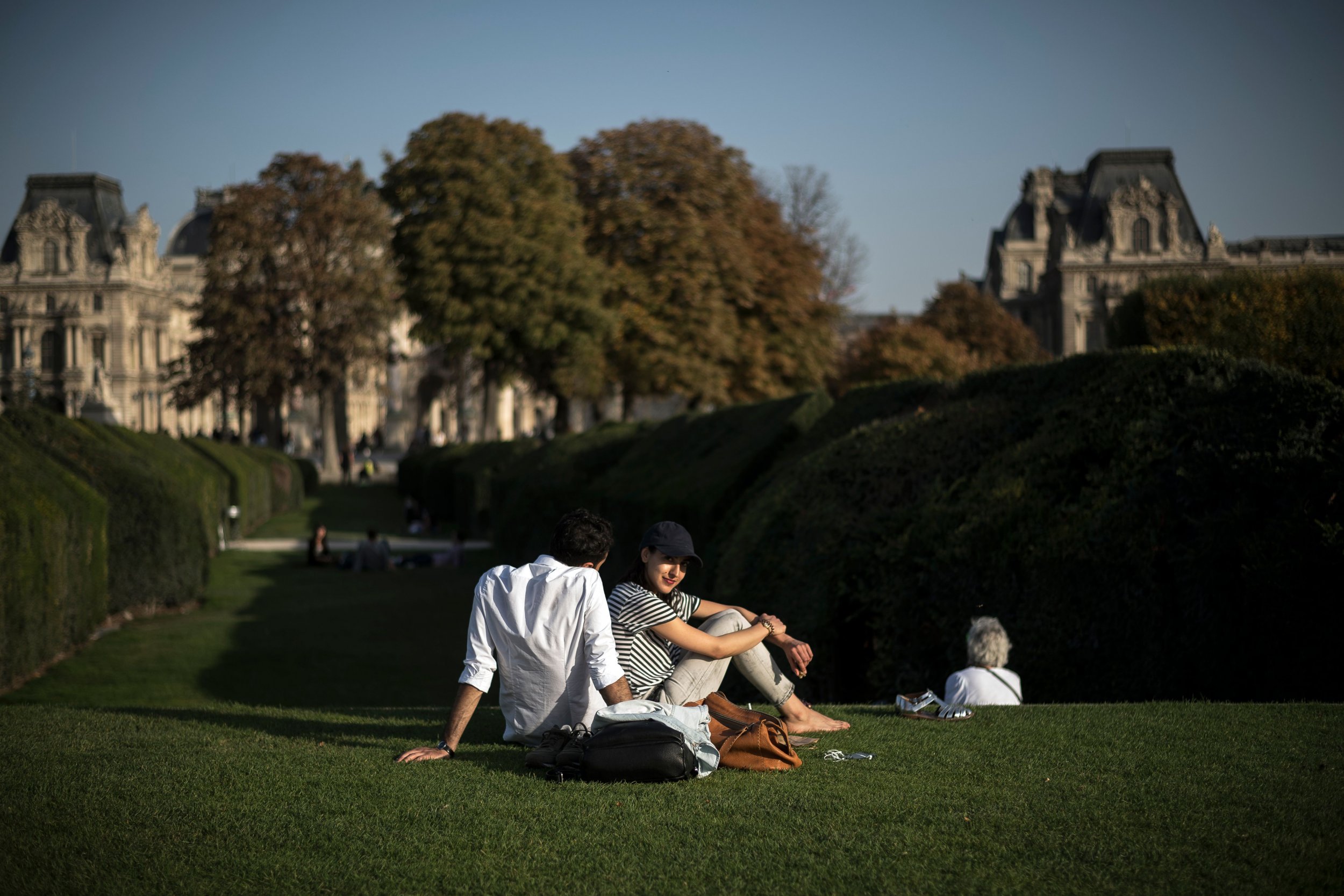
Visiting a "happy place" can bring you more satisfaction than jewelry, according to a new report from The National Trust, a UK-based conservation organization. The group worked with researchers from the University of Surrey in England to conduct the study about whether locations that have emotional significance make us happier than material items.
Related: Guys Don't Want to Get Married Because Bromances Make Them Happier
In the three-part study, researchers used functional MRI scans to study how a group of 20 subjects responded to photographs of meaningful places, objects and ordinary items. People who deemed a place as meaningful elicited a strong response in the left amygdala, an area of the brain that processes emotion. In fact, scans showed that the brain responds more favorably to photographs of places that are deemed special by the participants compared to snapshots of what we think of as emotionally-tinged items, like wedding rings—hinting that mementos may not be as special as we think.
"Places that are special to us generate a stronger automatic emotional response that is not seen for meaningful objects," they write in the report. "Therefore, it may be argued that places contain a greater degree of emotional charge than objects."
In addition to the MRIs, researchers interviewed 11 people in person and surveyed 2,000 participants online to determine what makes someone's happy place more than just a spot on the map. The responses are subjective of course, but researchers found that people connected to places because the locations were tied to a significant other, linked to an important period in their lives or somehow connected to their current stage in life.
About 64 percent of the respondents said their spots were a source of tranquility, and 63 percent said they experienced joy when traveling to their meaningful spots. Having a happy place may also good for you physically. Roughly 28 percent of the participants reported feeling a rush of energy during trips to these sacred locations.
Of course, the National Trust has an interest in promoting tourism, and will undoubtedly use this data in marketing plans. But past research has shown that vacations really can be more meaningful than objects. Putting your money towards things that are seemingly short-lived, like a nice dinner out, seems like a bad investment, but science has indicated otherwise. In a 2003 study, Cornell University psychologist Thomas Gilovich found that people received more happiness from experiential purchases, such as a trip, than from a simple shopping spree. The reason, he believes, is that experiences stay with us long after they're over. Another possibility? Our shiny objects eventually lose their luster.
While this study might have ulterior motives, it could give you another excuse to act out your wanderlust.
Uncommon Knowledge
Newsweek is committed to challenging conventional wisdom and finding connections in the search for common ground.
Newsweek is committed to challenging conventional wisdom and finding connections in the search for common ground.
About the writer
Melissa is a science writer covering health for Newsweek and has contributed to Inc., Dr. Oz The Good Life, Men's Fitness, Marie Claire and others. She earned ... Read more
To read how Newsweek uses AI as a newsroom tool, Click here.








